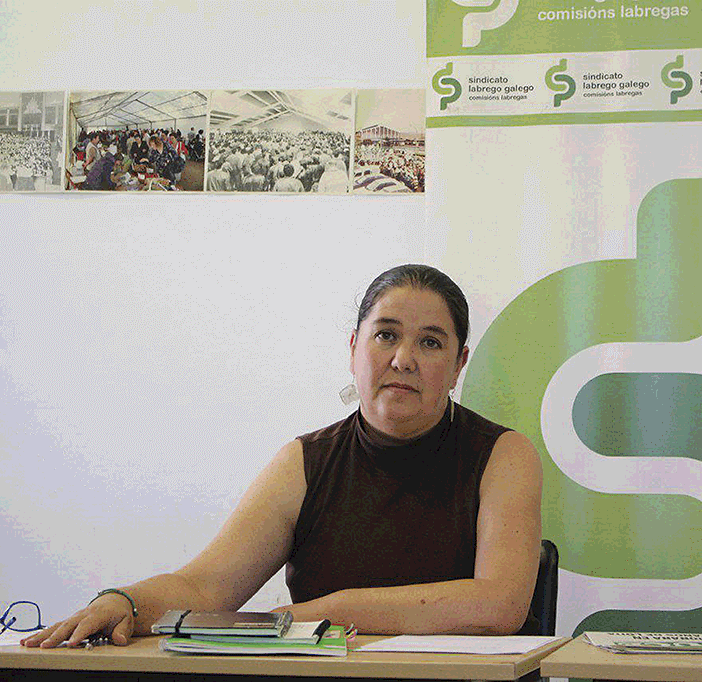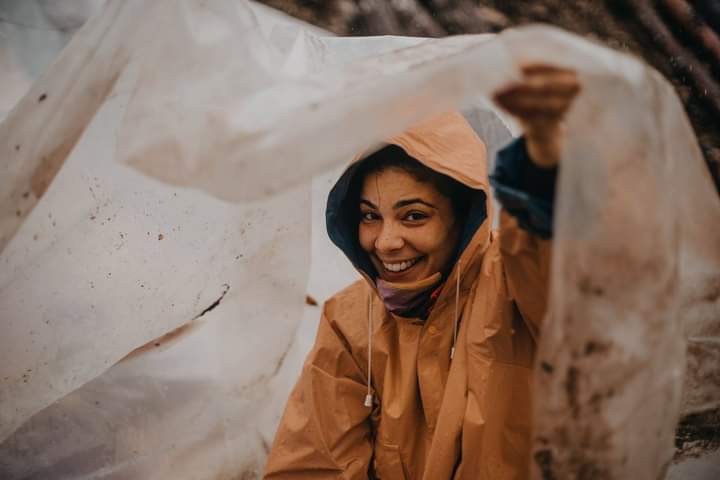PLENARY SPEAKERS

Emma Cademartori Siliprandi | Brazil
Agronomist – Federal University of Rio Grande do Sul (1980); Master in Rural Sociology – Federal University of Paraíba (1988); PhD in Sustainable Development – UnB (2009); with a PhD internship at the University of Valladolid, Spain. She specialises in the Economics of the Agri-Food System (CeFAS, Italy) and Agricultural Policies (UNICAMP). She has been a consultant for the FAO, UNDP, UN-Women and the Delegation of the European Union to Brazil. She coordinated the FAO/MDA Technical Cooperation Project between 2004 and 2008. In 2012-2013, she was a member of the National Council for Food and Nutrition Security (CONSEA). Between 2009 and 2014, she was a researcher at UNICAMP’s Food Studies and Research Centre (NEPA). Between 2013 and 2018, she coordinated Technical Cooperation Projects on Food Security and Support for Family Farming in 10 Latin American countries from the FAO Regional Office in Santiago (Chile). She currently coordinates the Secretariat of the Scaling up Agroecology Initiative at FAO-Rome. She is a collaborating professor on Master’s and PhD programmes in Agroecology (Universidad Internacional de Andalucía, Spain, among others). She participates in various international research networks on the themes of agriculture, food, agroecology, gender, food security and sovereignty and public policies, with an emphasis on the organisation of rural women.

Isabel Vilalba | Spain
Isabel Vilalba Seivane, born in Lourenzá in 1975, is a Galician farmer and trade unionist. The granddaughter of farmers and daughter of emigrants to Switzerland, she is co-owner of a farm in Lourenzá. In June 2012 she was elected secretary general of the Sindicato Labrego Galego and re-elected leader of the organisation until 2024. She also headed the Women’s Secretariat of the SLG. At international level, as general secretary of the Sindicato Labrego Galego, she is an active member of Via Campesiña (global trade union movement), of the European Coordination Via Campesiña (CE-VC) and of the Coordination of Farmers’ and Livestock Farmers’ Organisations (COAG). As an agricultural trade unionist, she advocates for a sustainable and hard-working agriculture in a world of solidarity. She considers agriculture to be an essential part of the rural environment and a guarantor of the Galician landscape and countryside. It also calls for the maintenance of employment in agriculture, putting a stop to the current process of disappearance of family farms, linked to the fair remuneration of the work of production and guaranteeing the minimum income necessary to live with dignity from the work of production.

Rita Duarte | Portugal
A biologist by training, specialist in biodiversity and plant biotechnology, she has worked for 11 years in climate change education, management of ecological restoration projects and environmental consultancy.
Its last collaboration was with the Portuguese Environment Agency, on a river restoration project.
She especially enjoys working with women to rescue and (re)structure our most ancestral and wild intelligence. It interconnects empirical and scientific knowledge, building sustainable solutions that are aligned with (our) nature.

Manuel Gonzalez de Molina | Spain
Manuel González de Molina Navarro, a native of Montefrío (Granada), where he was born in 1956, has a PhD in History from the University of Granada and is currently Professor of History at the Pablo de Olavide University in Seville. He is a member of the Institute of Sociology and Peasant Studies (ISEC) and co-director of the Master’s programme in Agroecology and Sustainable Rural Development, which is taught annually at the International University of Andalusia, based in Baeza. His research seeks to introduce ecological or environmental variables into the analysis of rural societies as a basic explanatory factor of their historical evolution. He is the author of several books, including Desamortisation, public debt and economic growth. Andalusia 1820-1823; Ecology, Peasantry and History; and The land: myth, rite and realities.

Rebeca Avelino Mabui | Mozambique
Peasant woman and activist for women’s and land rights since 1996. Founding member of the Mozambican Rural Women’s Forum since 2008. She is currently president of the Provincial Union of Peasants in Maputo province and secretary of the board of directors of the National Union of Peasants of Mozambique (UNAC). In the past, the biggest challenge for rural women was low levels of education, but today, with agribusiness, the challenges have increased. The fact is that rural women are not prepared to live with agribusiness. When they arrive, they occupy large tracts of land. As such, rural women need to be prepared to understand the legislation and master the Land Law in order to be able to deal with new investments.” (Rebeca Mabui, 2019). “Land means life because it feeds me today and in the future because I will bequeath it to my grandchildren. Land is my identity, it’s my life because it’s a cultural right that we pass down from generation to generation and through land and seeds we share our culture with other generations and the world” (Rebeca Mabui, 2019).

Vladmir Silves Ferreira | Cape Verde
He has a degree in Anthropology and a Masters in Sociology, both from the Instituto Superior de Ciências Sociais e Políticas of the University of Lisbon, and a PhD in Social Sciences from the University of Cape Verde, in partnership with the Federal University of Rio Grande do Sul. Lecturer at the University of Cape Verde, Faculty of Social Sciences, Humanities and Arts. He is a founding member of the Mechanism for Facilitating the Participation of Universities in the Food Security Council of Portuguese-speaking Countries: MU-CONSAN-CPLP. He has coordinated several projects in the fields of family farming, agroecology, food security and local development and is the author and co-author of more than two dozen scientific articles published in leading journals. He is a Visiting Professor at the Universidade Aberta de Portugal and teaches on the Postgraduate Programme in Sustainable Food Systems, as well as at the Universidade Estadual Paulista on the Postgraduate Programme in Food and Nutritional Security.